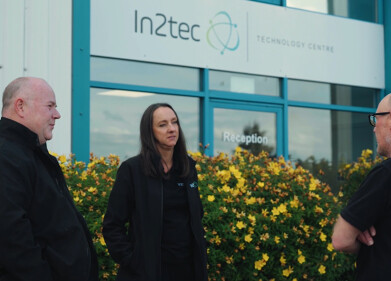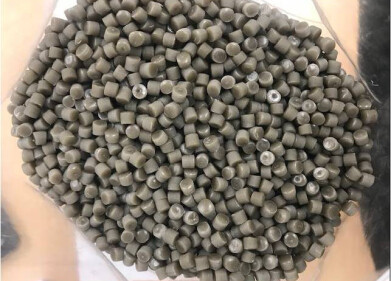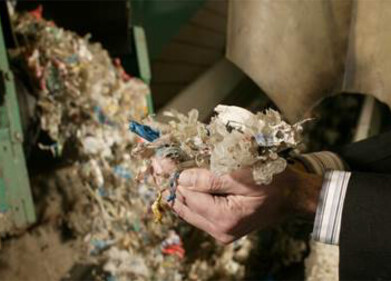Waste Management
Waste Management Company Responds to EFRA Select Committee Inquiry
Jun 25 2014
In response to the recent Environment, Food and Rural Affairs select committee inquiry into waste management in England, Marcus Bauer, managing director of Remondis UK, the British division of one of the largest waste and recycling organisations in the world, had the following comment:
“While big steps have been made in our ongoing efforts to reduce waste to landfill in England, there is still much more that needs to be done before we reach the EU target of recycling 50% of household waste by 2020. Not to mention the ongoing work around business and industrial waste.
“Something that we at Remondis are extremely passionate about is that standards in waste management are clearly defined and then closely regulated by an independent body (whether that is EFRA or BiS!).
“Remondis has invested heavily in the English waste sector in the form of its state-of-the-art facility in Prescot but the business case for others to do the same is waning if the industry does not regulate its practices and therefore provide the platform to make waste a true commercial enterprise.
“This is particularly relevant to the debate around who should direct and police waste management in England, because, as an industry, we need to lead by example before we impress on householders to recycle their waste as a rule. Time is of the essence and, while things are getting better in England we should not wait any longer before taking action to improve our recycling statistics and strive further towards achieving EU targets.
“According to the latest government statistics, household recycling rose to 43.2% in 2012/13 but there was much variation between different local authorities and this again reiterates the need for processes to be more closely regulated. If household waste recycling is made compulsory, the local authorities too need to streamline their efforts so that recycling levels are raised across the board and not just in some places.
“Latest figures also show that the amount of waste produced by households in England has also fallen 12% since 2006/07, down to 22.6 million tonnes. This is another positive sign which suggests that given the right guidance and support from their local council, and the government as a whole, householders can respond positively to waste and recycling demands.
“The trends in household and business waste recycling to date are positive and, as a country, we are not a million miles away from achieving our combined targets. There are many companies based in the UK that are working hard to ensure that we have the capability, technology and knowledge to process as much waste as possible and in the most part local authorities are working with strong waste partners to make the most of this, however more can still be done to help those that are not doing so.
“While this consultation focussed mainly on household waste, as an industry we should lead by example when it comes to making the most of our municipal waste streams by demonstrating its commercial worth, setting standards and regulating processes across the sector. If the waste industry itself is unable to further improve its ways, how can we expect the public to?”
Events
Nov 26 2024 Paris, France
Nov 27 2024 Istanbul, Turkey
H2O Accadueo International Water Exhibition
Nov 27 2024 Bari, Italy
Biogas Convention & Trade Fair 2024
Nov 27 2024 Hanover, Germany
Dec 11 2024 Shanghai, China







-as-feedstock.jpg)






